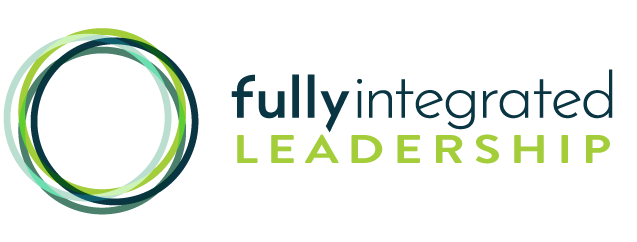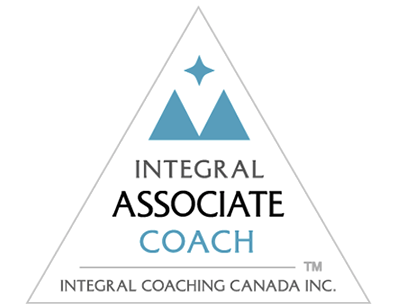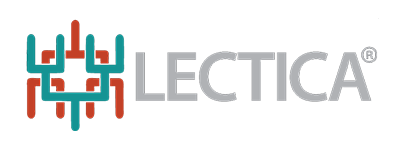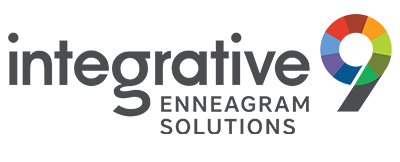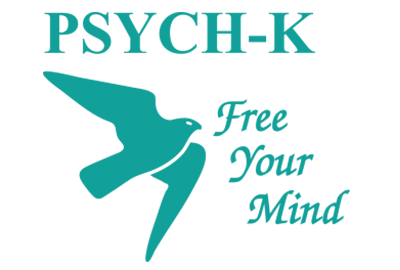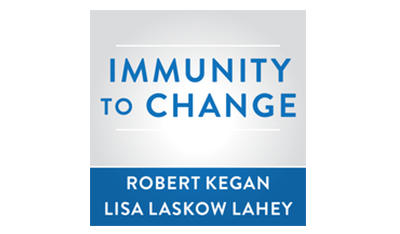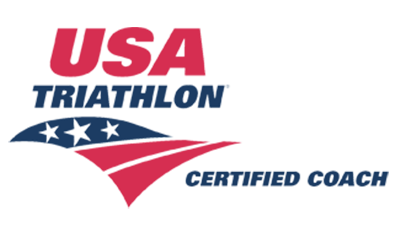Rooted in Performance
A Foundation of Discipline and Achievement
Rather than writing a long and potentially boring bio for you to read, this page instead lays out the many different “lenses” that one can look through to understand who I am, what my leadership coaching is about, and the various experiences that have led me to where I am today.
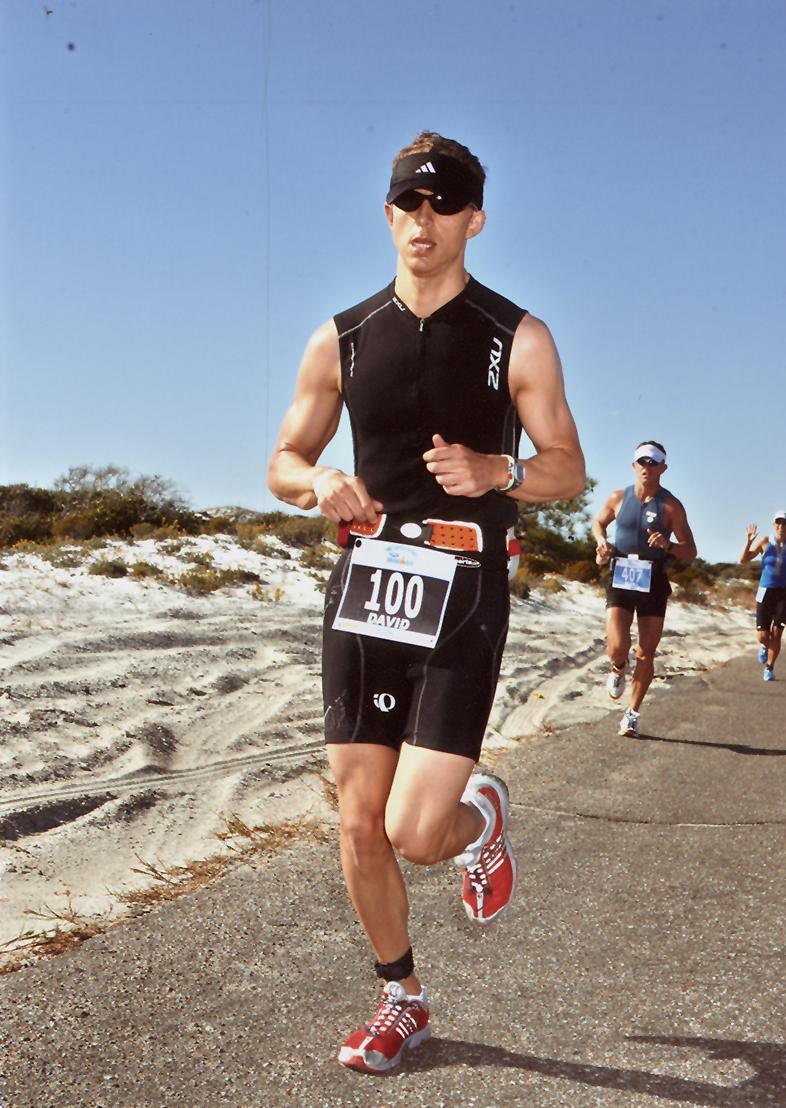
High Performance Coaching
From 2002 to 2008 I competed in triathlons ranging from sprint distance races (500 yard swim, 13 mile bike, 5k run) to Olympic distance races (.9 mile swim, 25 mile bike, 10k run) to Half-Ironman distance races (1.2 mile swim, 56 mile bike, 13.1 mile run) to Ironman distance (2.4 mile swim, 112 mile bike, 26.2 mile run). I qualified for the National Championships in the Half-Ironman distance and was among the top 10% of finishers in all distances. For me, triathlon has a lot of parallels with leadership. As the races get longer, there is greater complexity, uncertainty, and volatility and it requires new skillsets and mindsets to train and race. I became a student of nutrition, hydration, physiology, and neuroscience to ensure I would not only survive my races, but actually enjoy them and thrive as an athlete. I developed what I called a “Fully Integrated” approach to training and saw benefits well beyond training and racing in my life.
USA Triathlon Certified Coach
In 2006, I went through the rigorous certification program to become a USA Triathlon coach. In this program, I deepened my Fully Integrated approach to training by learning more about what it takes to train others to perform at their best. I combined my knowledge from my own Fully Integrated training with the training approach from USA Triathlon and went on to coach elite-level athletes competing in all distances of triathlon. Since my approach went beyond the simple physical preparation for racing, my athletes saw benefits in their work and personal lives as we worked on mindfulness, visualization, nutrition, and emotional well-being. Many of the athletes I coached were leaders in business and they began encouraging me to pursue leadership coaching.
A Moment ofEnlightenment
The Birth of Fully Integrated Leadership
Finding my mantra
In 2013, I was working a full-time job, raising a son, and coaching triathletes. My stress level was extremely high, I was working long hours, not sleeping well, and generally not taking care of myself. One night, I was lying bed singing to my three year-old son as he fell asleep. I was so busy and stressed that I was reading emails on my phone as I sang to him. I finished singing a song and started to sing the next song; my son rolled over in bed and said “Papa, you just sang that song.” He rolled back over and went to sleep.
As I lay there watching him breathe and fall asleep, I had two thoughts:
- I want to be more present… as a father, as a husband, as a boss, as a friend. Three words came to me that night… Be Here Now. These words have become a mantra for me that I have carried through my life ever since.
- The second thought was “why am I not present? What is happening in my life that is making me feel so stressed?”
Learning to thrive in a VUCA world
Starting that night, I set out on a learning journey to understand why I was not more present and why I was feeling so stressed. I sought out mentors, read books, attended conferences, and even went through an intense year-long leadership course. Through this learning, I came to develop three core beliefs:
- The world leaders face today is incredibly complex (VUCA),
- Our minds don’t like complexity,
- Our minds can be re-trained to thrive in complexity.
My life has become a training ground for thriving in VUCA conditions. I am proud to say that I am less stressed, more present, and perhaps most important I am able to lead individuals, teams, and organizations to thrive in VUCA through the Fully Integrated Leadership coaching program. This program is based on my own learning and brings the best of what the top complex change leaders do in their life and work.
Performance Based Leadership Skills
A process of measurable growth over time
Quantitative and qualitative results
As I came into the leadership coaching business, I did a lot of research to understand how other executive coaches were approaching their work with leaders. I found that most coaches were not working in a “performance-based model” of coaching, which meant it was hard to know whether the leaders were actually improving as a result of the coaching. Building from my background as a triathlete and triathlon coach, I wanted my coaching program to promise both quantitative and qualitative results so the leader could both see their growth subjectively through their experiences, and through an objective assessment of their VUCA skills. I went seeking an assessment that could provide such objective data and in 2015 I was certified by Lectica (web link) to conduct their leadership assessments. With a Lectica assessment, the leader gets quantifiable scores that show how effective they are in managing VUCA conditions, including the single greatest predictor of effectiveness: analytical reasoning. Analytical Reasoning shows not only what the leader thinks when dealing in complexity, but also how they think.
Using the Lectica Assessment, we can pinpoint where each individual leader is and tailor a coaching program that develops the specific skills that will help them manage in VUCA conditions. The assessment provides a 12-18 month learning resource, recommending books, videos, and articles that will best serve the leader in their growth and development. The coaching program follows a constant pattern of action-reflection where the leader is given specific assignments to do at work, and then we reflect on their experience applying the new skills. This ongoing process leads to vertical development, which means the leader is not just growing their knowledge-base but is also learning about themselves and the systems in which they operate. We finish the coaching by having them take the assessment again to show measurable growth over time.
Coaching Certifications
Integral Coaching Canada Associate-Level Coach
Integral Coaching Canada is a professional Integral Coaching® training company located in Ottawa, Canada. Founded by Master Certified Coaches Laura Divine and Joanne Hunt, ICC's proprietary Integral Coaching® method and extraordinary coach training programs are unequalled in the world.
Lectica Certified Coach
Lectica's nonprofit mission is to support robust learning by developing and delivering learning tools that support the development of the skills and concepts we all need to meet the challenges of the 21st century.
Integrative Enneagram Certified Coach
The Enneagram is an archetypal framework that offers in-depth insight to individuals, groups and collectives. Consisting of three centres of intelligence, nine main Enneagram types, 18 wings, three subtypes and Triadic styles, the Enneagram offers a rich map to personal development from an open systems perspective. It does not box in people, but rather opens a pathway to self-discovery and greater personal awareness.
Psych K Certified
Every aspect of our lives, both personal and professional, is being profoundly affected. Using PSYCH-K®, you can help to positively direct this change. PSYCH-K allows you to quickly and painlessly change subconscious beliefs that are limiting the full expression of your potential in life, as a spiritual being having a human experience. This includes your mental, emotional, physical, and spiritual well-being..
MetaIntegral Embodied Practitioner Certification
MetaIntegral is a global transdisciplinary social impact organization with offices in the United States, Brazil, and Australia. We are committed to transforming capitalism into a system that works for all of us forever. Thus we support visionary leaders, teams, and organizations to Be IMPACT through the design and implementation of Wisdom Economies.
Immunity to Change Certified Facilitator
The Immunity to Change™ approach is specifically designed to help individuals, work teams, and organizations make those personal and collective changes that are most important to them– but have proven resistant even to thoughtful plans and heartfelt intentions.
The Theories Behind Fully Integrated Coaching
Two Fundamental Theories
My coaching is based in two fundamental theories. The first is Integral Theory which is an approach that weaves together the significant insights from the major human disciplines of knowledge, including the natural and social sciences as well as the arts and humanities. The second theory my coaching is based on is Adult Developmental Theory. Based on research out of Harvard University, this theory shows how our minds can adapt over time to take on increasing complexity.
Integral Theory
Integral calls on us to observe the world in four distinct yet interconnected realms:
- The individual interior which includes such things as thoughts, emotions, and mindsets inside of each of us
- The Collective Interior which includes the relationships, norms, and shared values that creates a collective culture on teams and in organizations
- The Individual Exterior which includes the behaviors, actions, skills that we can observe ourselves and others doing
- The Individual Exterior which includes the behaviors, actions, skills that we can observe ourselves and others doing
Every leader tends to see the world primarily through one of these four “lenses”, and our work is to help them see the world through all four. By taking this “whole system” approach to leadership, we can design interventions that help solve complex problems that are inherent to a VUCA world.
Adult Developmental Theory
This growth happens in predictable patterns and requires ongoing, rigorous practice to move from one level to the next. the “higher” levels of Adult Development are directly linked to a leader’s capacity to manage in VUCA conditions, and studies show that leaders operating at the highest levels lead more successful teams and organizations.
Personal Life
I live in Brunswick, Maine with my wife Anne and our son Colden. We moved to Maine in 2009 to seek a life that was more aligned with our personal values. We love being outside, camping, hiking, and seeking out silence. Our home sits on six acres where we have a large vegetable garden, greenhouse, and lots of wildlife. Our home is mostly powered by solar and we are committed to living minimally and sustainably. In my spare time, I play guitar, coach Colden’s baseball team, and spend time in the kitchen with Anne as she prepares incredible meals for our family. We enjoy hosting gatherings of people at our home where there’s lots of laughter, fun, and enjoyable conversation. Maine’s motto is “The Way Life Should Be” and I could not agree more.
